Assume there is a group of people wanting to travel from Point-A to Point-B. The leader of the group has spent a lot of time deciding that Point-B is the best place for the group and it is where the future lies. He is excited about the trip and has also designed a detailed travel plan to reach Point-B.
So far, so good.
He then makes an extensive communication plan to cascade the travel plan to all the group members; And the journey starts. It is only after some time that the leader realises that the travel is not going as per initial plan.
it looks like people are moving in random direction. Everybody is doing his/her own thing. There is lack of enthusiasm and energy in the group.
“The group members are not Motivated!” concludes the leader.
So he organises a fun, team-building, detour from the original plan, only to realise that the energy generated in the detour evaporated sooner than the time it took to make the detour.
Does the scenario sound familiar?
It happens in almost all organisations for most change initiatives. So, what really is the problem here and how to solve it?
Well, the leader would have focused a lot on what we call as “Content”; however, he may not be in touch with the “Process”.
Discovering underlying human processes
Human Process Consulting is a methodology, which helps Organisations in developing skills to uncover the underlying Human Processes, which are an essential requirement to bring in sustainable and involved change. These processes would typically include, though not limited to,
- the Communication process
- the Leadership and decision making process
- how people relate to each other and the organisation
- their aspiration, their alignment to role and organisation goals
- the work flow and how work actually gets done etc.
This is done by
- involving people
- tapping into what is said and what is not said
- understanding how people feel emotionally
- taking a holistic / systemic approach in studying the organisation
If we try and uncover some of the processes in the above example (journey from Point-A to Point-B), before making a travel plan to move to Point-B, the leader assumed that everyone is at Point-A; And that is a big assumption to make.
Physically here, mentally elsewhere
Most people, even though they are at the same physical place, are mentally at very different places.
Their mental location is a function of their thoughts and emotions, which are based on their subjective experiences, their unique expectations and aspirations etc. Hence the way they see the world is very subjective – their own subjective reality.
This is true for every member of the group.
Consequently, there are multiple realities at play in an organisation. And these multiple realities are not just different from each other; at times they are even contradictory. So for the same “objective” reality (maybe as seen by the leader), there are multiple realties that exist. And in the language of the metaphor of travel, people are at Point-A1, Point-A2, Point-A3 and so on.
Another assumption the leader made in his travel plan is that the team members are all as excited as him to travel to Point-B. Most likely they don’t even understand what Point-B is, let alone be excited by it.
So for any change initiative to succeed, the Human Processes need to be uncovered, understood and acknowledged. Usually these processes are hidden in the organisational Unspeakables.
Organisational Unspeakables
Unspeakables are those, which people don’t speak about: in meetings, to their bosses or in front of top management. A lot of emotions and energy is blocked in organisations in these Unspeakables. The organisation misses out a lot of its potential because of this blocked energy in the system. So what are these Unspeakables, really?
These Unspeakables contain a lot of wisdom (tribal wisdom) about what is really happening in the organisation. And this wisdom is an essential input to decode issues that exist in organisation.
These inputs are usually about deeper aspects of problems which are not easily seen, the inter-linkages with other processes, impact on people at individual or interpersonal level and how this impact on people impacts work.
On the other hand, Management gets busy in solving issues which are actually manifestations of something deeper.
No wonder so much time and money is lost in solving recurring issues like Attrition, Low Morale, Low Employee Engagement, Employees not living their full potential, Organisation not growing at the pace they would like to grow etc. etc.
When this “tribal” wisdom is missing from the decision making process, the decisions made are both non-holistic and non-sustainable. The problems therefore keep on persisting or worse still, some new problems get generated.
If these Unspeakables are so important, why are they not spoken?
Usually the reason for these unspeakables not being spoken, is fear. Fear of what will happen to me, if I speak. What will be the repercussion? Will I offend someone senior? Will this incident be used against me in future? It could also be a fear that the inputs I have may not be so relevant and if I speak, I might look stupid.
These fears exist based on what the person may have experienced in the organisation or has seen someone else experience it or heard stories about past from others or worse of all, based on assumptions of how things happen in an organisation. Either way, this fear of not speaking-up becomes a norm in most organisations and hence most suffer the pain of superficial decision making, dis-engaged people and lack of ownership.
Unless these norms are consciously decoded and changed, people will continue to comply with what they understand is the right thing to do and keep these unspeakables to themselves, impacting both their own effectiveness and effectiveness of the organisation.
When Organisations get in touch with these human processes and an environment of psychological safety is created with the help of the human process consultant, people share openly. As a result the problems are understood holistically and the solutions generated too are holistic in nature. These have a much higher buy-in from people through their involvement in the change process.
The organisation can now tap into its strengths and harness the full potential of its people and of itself.
Please do leave your comments at the bottom and do share with others if you like this article.



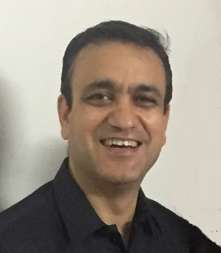

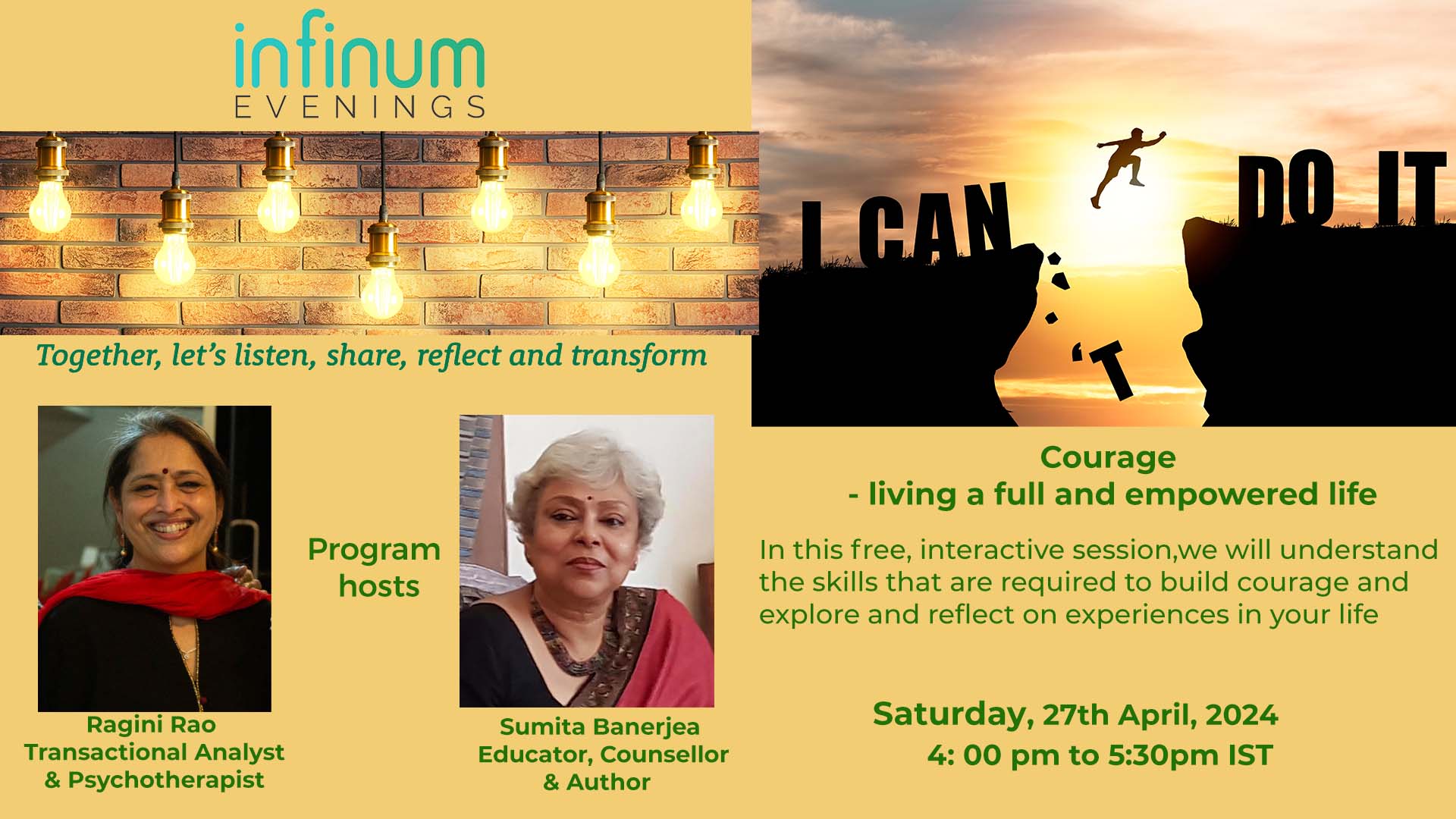
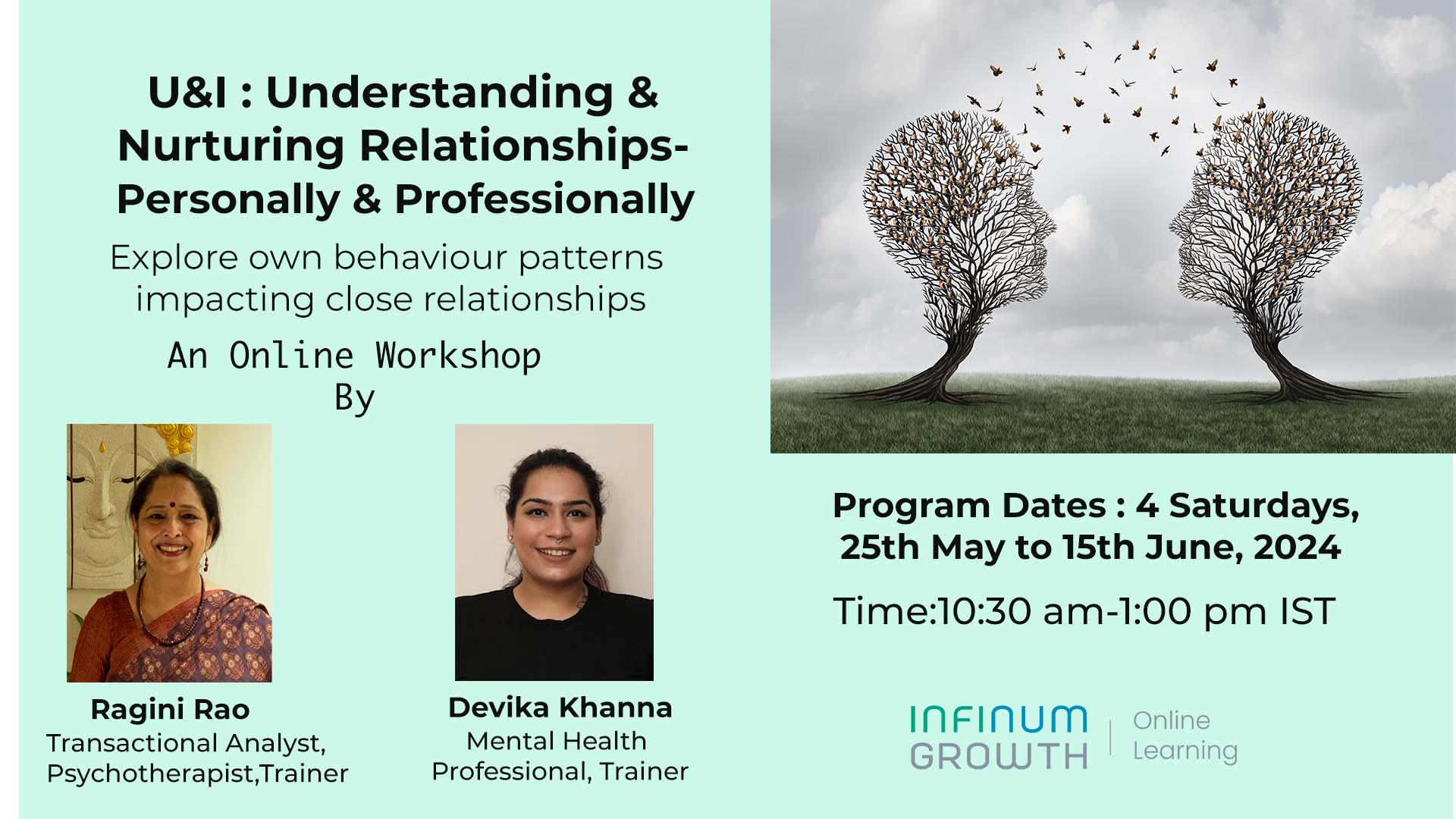
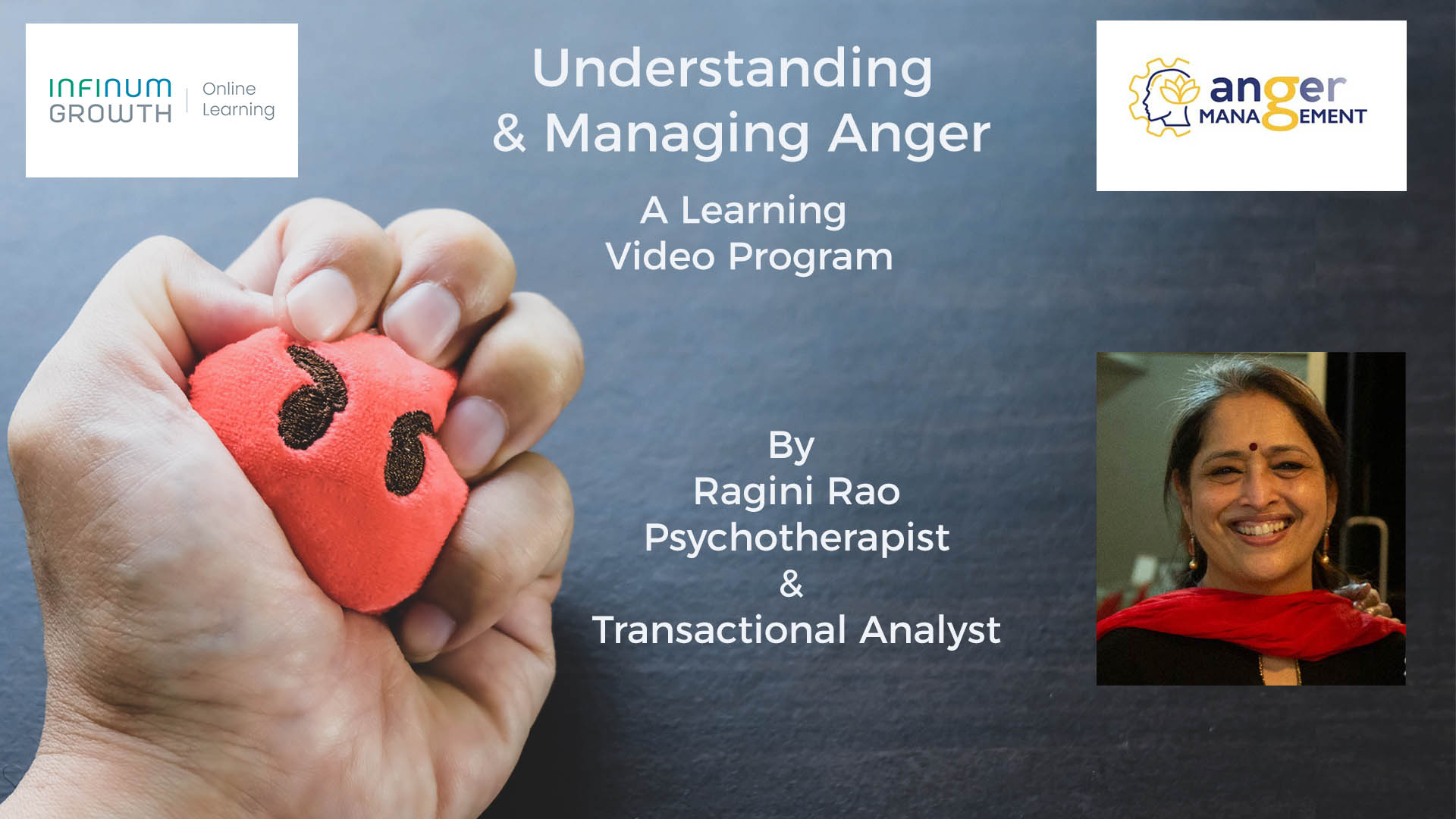




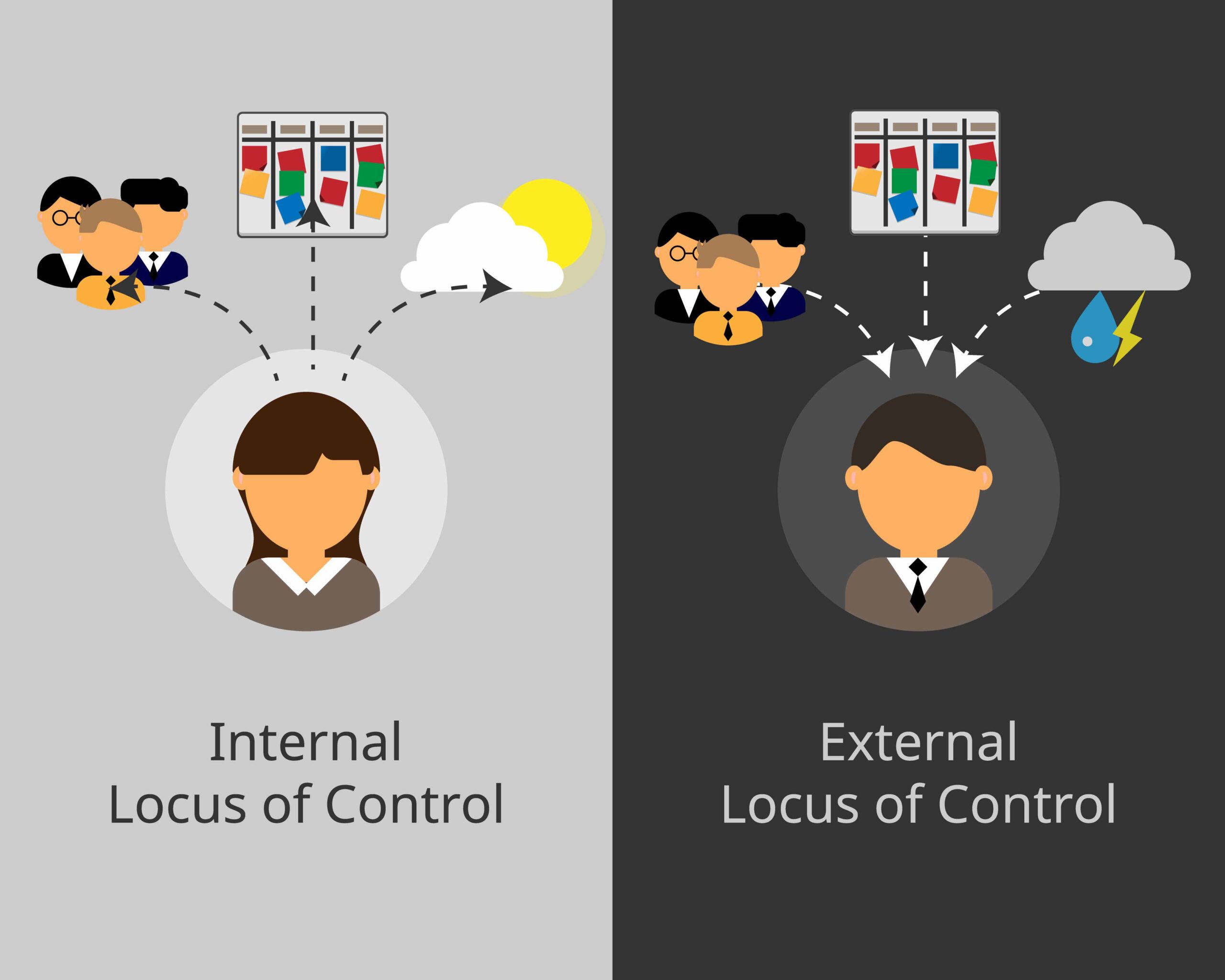


Very realistic scenario Ameet. Who according to you should help unravel the unspeakables. The Leader, HR or an external consultant.